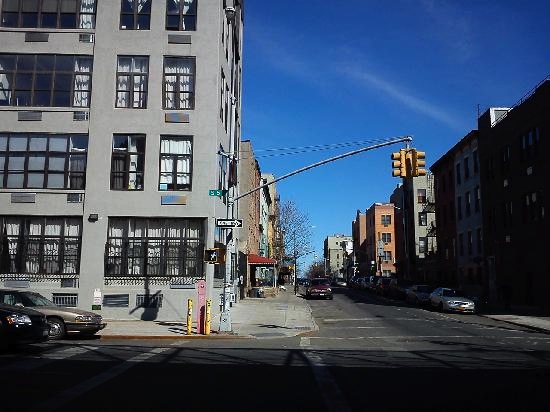Lawsuit on illegal hotels leads to proposed law change

808 driggs avenue.jpg
The year 2012 saw a record year of tourism for New York City. The city welcomed 52 million visitors who generated an estimated $55.3 billion in economic impact to the city’s economy spread across the five boroughs. The rise in tourist visitations has led to an increase in the illegal hotels.
After a lawsuit was filed against one of the operators of such hotels, the City Council announced proposed rules to further crack down on short-term accommodations.
In October, Mayor Michael Bloomberg filed a lawsuit against Smart Apartments, a major operator of allegedly illegal hotels and other short-term accommodations. Many of these housing units were located throughout Williamsburg and other Brooklyn neighborhoods.